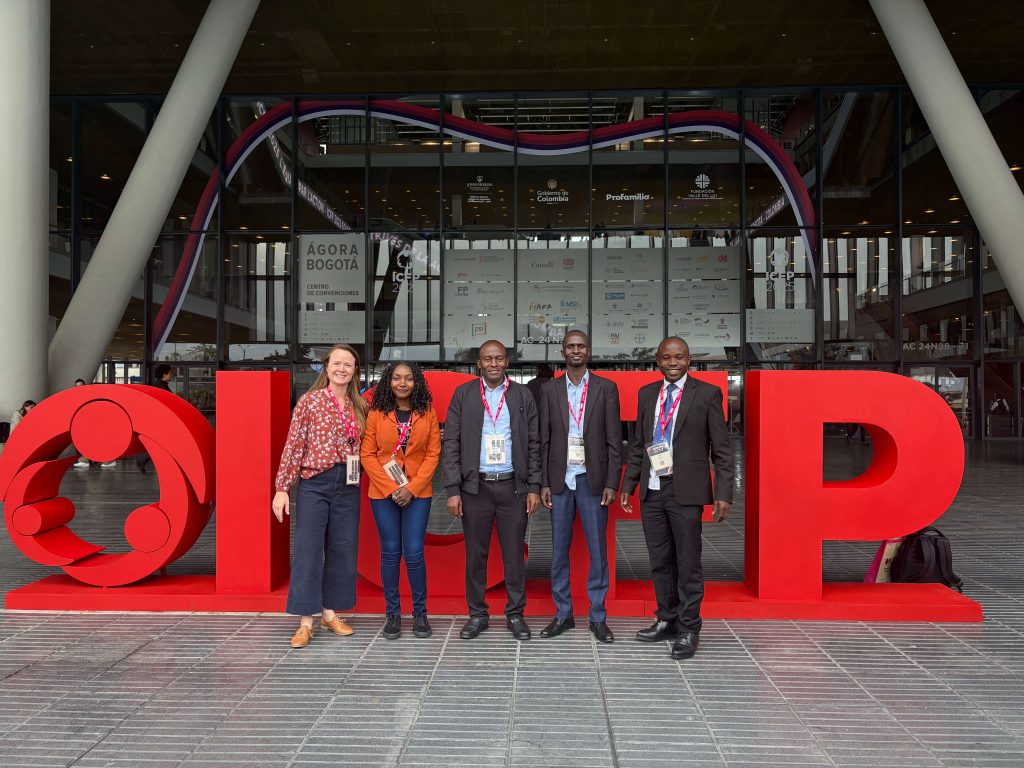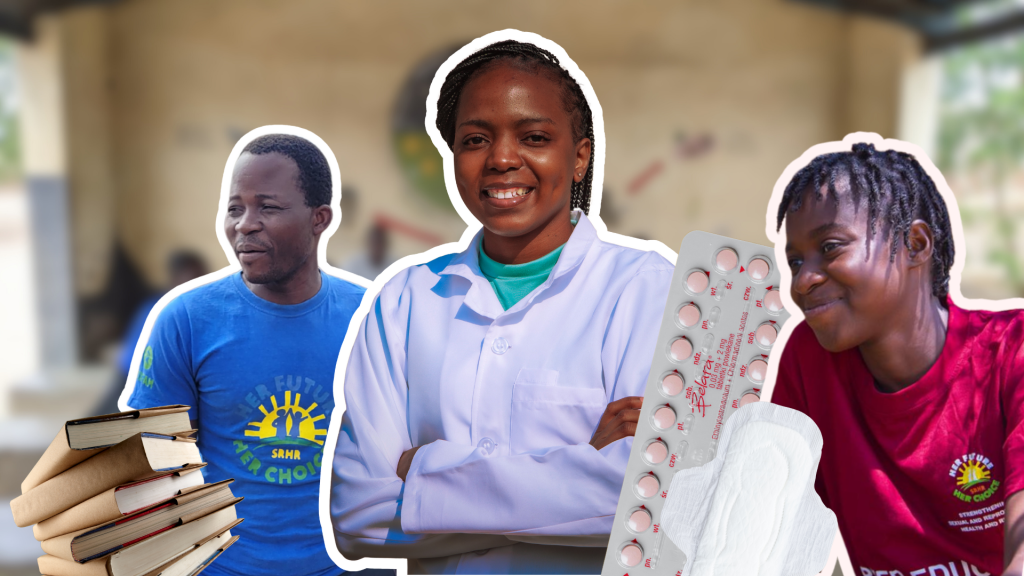Growing as a Feminist, Anti-Racist and Inclusive Organization
This is our second annual update on Oxfam Canada’s commitment to growing as a feminist, anti-racist and inclusive organization, as stated in our 2021-2025 Strategic Framework. In February 2021, we developed our first organization-wide Plan of Action on Anti-Racism and Justice, Equity, Diversity and Inclusion (JEDI). It outlines the initial steps we are taking on a complex journey that will require ongoing sustained commitment.
Progress in 2021-2022
Below are highlights of this work over the past year:
- We worked with the team at Ubuntu Consulting to review our organizational policies and conduct a listening and reflection process with current and past staff to explore ways in which oppression shows up at Oxfam Canada and shed light on policies and practices that do not create access, opportunities and equitable outcomes for all Oxfam Canada employees and the communities we serve. Overall, the consultants found a strong commitment to JEDI, anti-oppression, feminist values and decolonial practice at Oxfam Canada. However, the listening process also helped surface experiences of racism and discriminatory behaviour within our organization. It provided a blueprint of recommendations, proposed actions and opportunities for growth.
- We created a new Deputy Executive Director position to provide leadership to advance Oxfam Canada’s commitment to growing as a feminist, anti-racist and inclusive organization. It includes thought leadership and operational support for Oxfam Canada’s work on JEDI, reconciliation and Indigenous rights, feminist principles, and the decolonization of aid. The new Deputy Executive Director will work with all staff to maximize Oxfam Canada’s impact and influence and ensure a highly engaged, values-driven, diverse, and inclusive workplace.
- Our Board of Directors adopted a new Board Composition and Nomination Policy, recognizing that Oxfam Canada’s approach to governance must be consistent with its commitment to grow as a feminist, anti-racist and inclusive organization; to build more and deeper relationships with Indigenous and Black women’s organizations, and to take steps forward in reconciliation with Indigenous Peoples. Our twelve-member Board of Directors will now comprise no less than fifty per cent of members who identify as women and individuals who are genderqueer, non-binary or hold other expressions of gender diversity; and fifty per cent of members who identify as Black, Indigenous or People of Color.
- After signing on to the Cooperation Canada sector-wide anti-racism framework, we continued to engage in the task force. We completed an organizational survey to assess progress made by Oxfam Canada against the commitments outlined in the framework. We also conducted an initial analysis of Oxfam Canada against the Center for Global Inclusion’s Global Diversity and Inclusion Benchmarks, to achieve a “progressive” or higher ranking in all categories by 2025.
- Our staff-led working group on Indigenous rights and justice has been instrumental in pushing forward our work to support Indigenous rights and reconciliation. It organized a week of learning and reflection for all staff during National Indigenous History Month to further our collective learning and thinking on how Oxfam Canada must transform itself to better work alongside and support Indigenous struggles. The working group also finalized a Plan of action supporting Indigenous rights, which provides the vision and a roadmap for how Oxfam Canada will advance this work.
- We continued to prioritize building relationships with organizations led by and in support of BIPOC communities as part of our advocacy and public engagement activities. The annual Oxfam Summit brought together a diverse group of activists from coast to coast; our SRHR community support fund supports BIPOC initiatives this year. We provided funding support to Colour of Poverty – Colour of Change. We also started a new project which aims to make childcare policies more reflective of the needs of BIPOC communities in Canada.
- We continued to provide learning and training opportunities for our staff and leadership on anti-oppression and anti-racism, unconscious bias and white supremacy, and safeguarding.
This journey to transform our culture is a long and challenging one. It requires time to build trust and create safe spaces for dialogue. It also requires shared accountability for growing into the organization we aspire to be. Each new step we take on this path strengthens our resolve and commitment to a transformation that honours each other, our partners and the communities we work with. Over the following months, we will collectively develop the second iteration of our Pan of Action on Anti-racism and JEDI. We will also engage in deep conversations around decolonizing our organization and work.
READ MORE: Our first annual update on becoming an actively anti-racist organization

